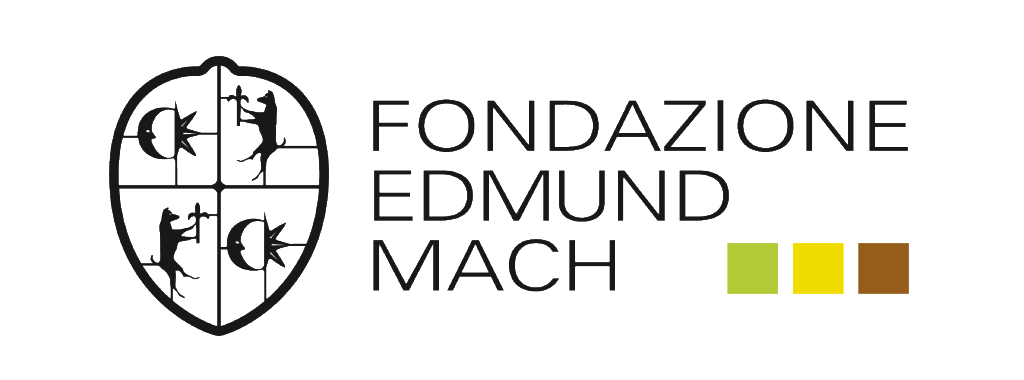Simulations of quantitative shift in bio-climatic indices in the viticultural areas of Trentino (Italian Alps) by an open source R package

A b s t r a c t
In consideration of the steady entanglements of viticulture with the environmental features – including
climate – it is of concern to project which climatic conditions an area is expected to face in a changing
climate scenario. A quantitative approach helps in assessing class shift in climate classification; both
‘‘generic” climatic and bioclimatic indices were considered in this study, namely: Köppen – Geiger types
and subtypes, aridity (6 indices), and ‘‘International vine and wine organization” (OIV) classification (10
indices). All indices were easily calculated by an open source R library (ClimClass), which also includes
tools for base pre-processing of weather series. Future climate scenarios for this study were obtained
using the Regional Climate Model (RCM) COSMO-CLM, employing two IPCC’s greenhouse gas concentrations
(RCP 4.5 and RCP 8.5), statistically downscaled to 39 weather stations in Trentino, a region in the
Italian Alps. The simulations envisage the new climatic profile of the area, with a shift towards warmer
and somewhat drier conditions. While no limitation to wine growing is expected in the lower altitude
areas, new climatic suitability is projected for mountain areas, presently devoted to other soil uses.
The latter analysis was the result of a calibration of a thermal requirement index to the present soil
use condition in the region.
http://dx.doi.org/10.1016/j.compag.2016.05.019
Ligações relacionais
- Rede
- Lista
- Geolocalização
- Mais
FEM - Fondazione Edmund Mach
The Edmund Mach Foundation promotes and carries out research, scientific experiments, education and training activities as well as providing technical assistance and extensions services to companies
